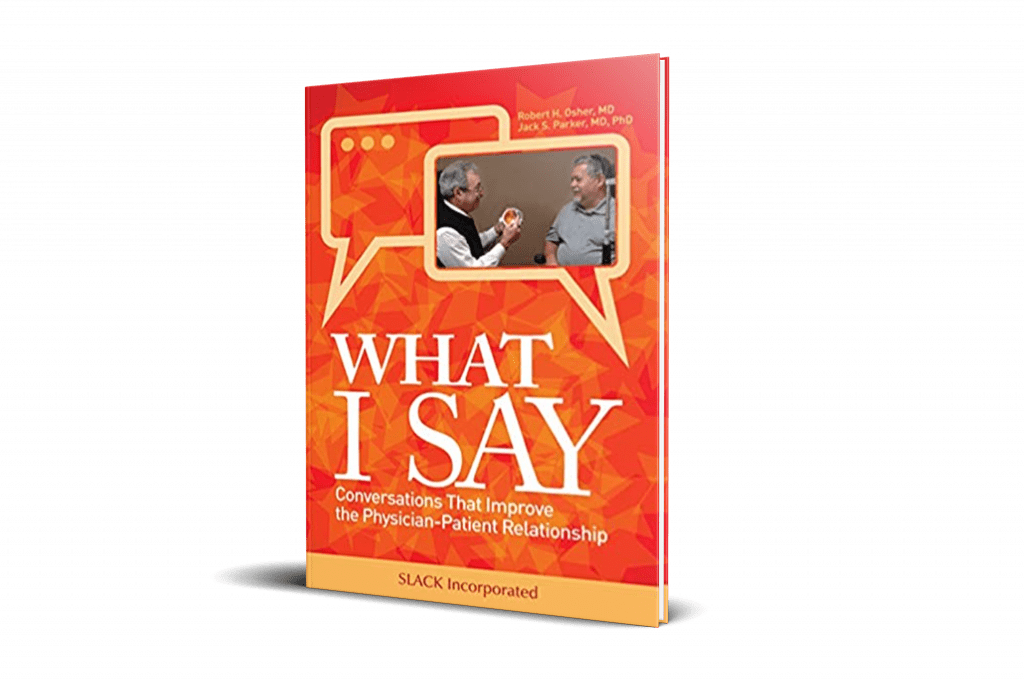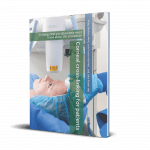What I Say: Conversations That Improve the Physician-Patient Relationship
What I Say: Conversations that Improve the Physician-Patient Relationship is designed to help cataract surgeons to hone their verbal interactions to be as sharp as their surgical skills. Muddled, clumsy, or impromptu explanations diminish the doctor-patient relationship and could prevent patients from receiving the surgery they need or appreciating the results they get.
Knowing in advance which words to use in difficult situations is analogous to knowing how to manage a complication before it occurs. The results are inevitably better when a physician has considered every possible outcome instead of attempting to come up with exactly the right solution on the spot. Rather than figure out the right words by trial and error, however, What I Say has recommendations on exactly what to say to build strong and trusting patient relationships.
Drs. Robert Osher and Jack Parker have compiled conversational scripts from Dr. Osher’s 40-year career in ophthalmology, as well as contributions from over a dozen international mavens of bedside manner into a strategy guide through even the most difficult patient conversations that inevitably surround cataract surgery.
Topics include:
- Lowering Expectations for Spectacle-Free Vision
- The Torn Posterior Capsule
- Postoperative Refractive Surprise
- The Dropped Nucleus
- The Unhappy Patient Despite a Good Result
Containing examples of conversations with cataract surgery patients where informing and reassuring take top priority, What I Say: Conversations that Improve the Physician-Patient Relationship was created to aid cataract surgeons in their pre-operative, intra-operative, and post-operative interactions with patients. With the advice contained inside, surgeons will be able to motivate patients, calibrate expectations, and diffuse frustrations in every possible scenario.




